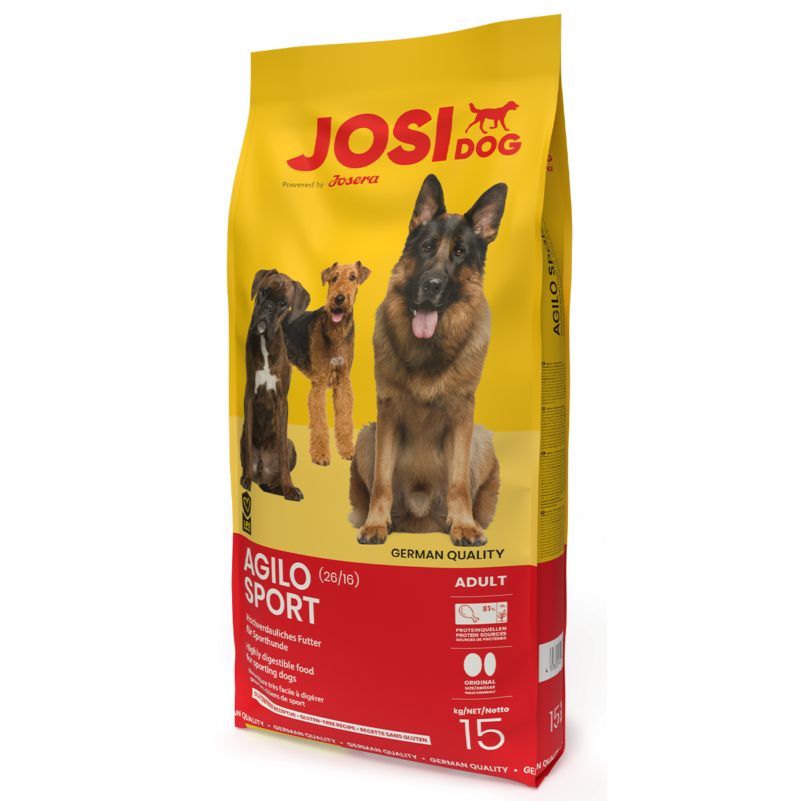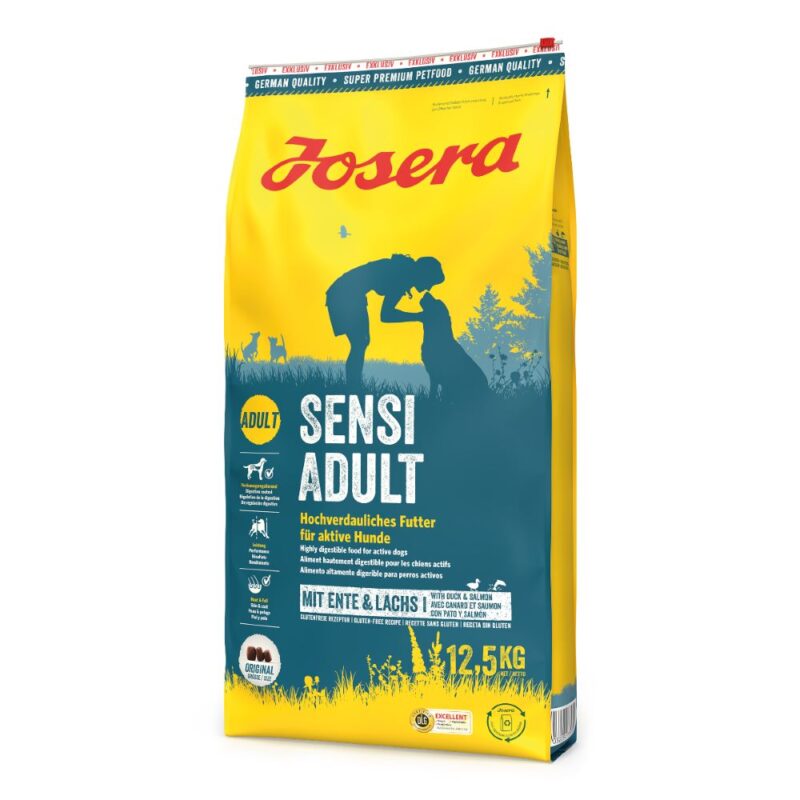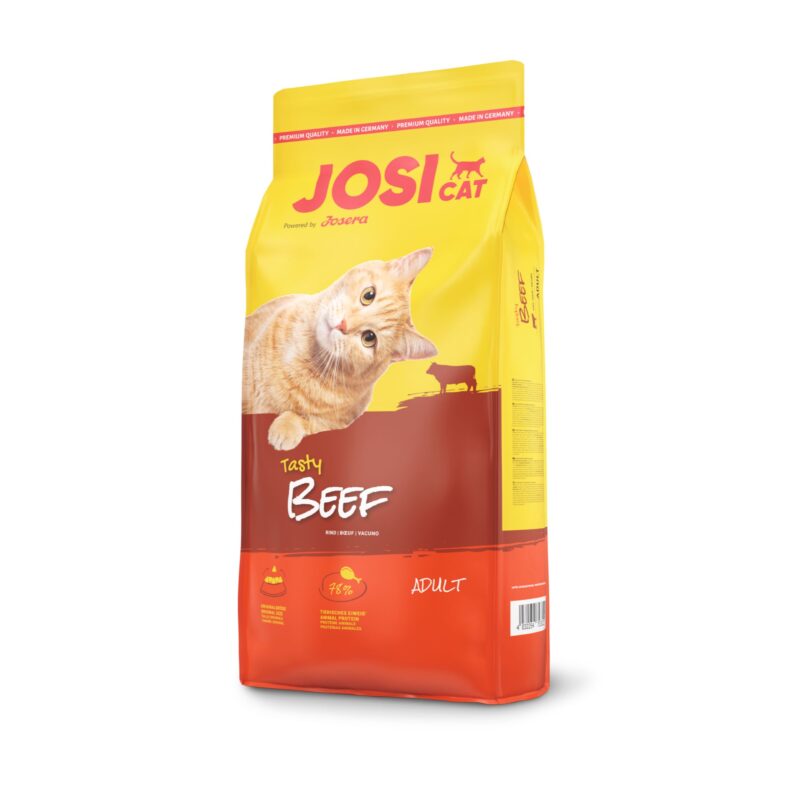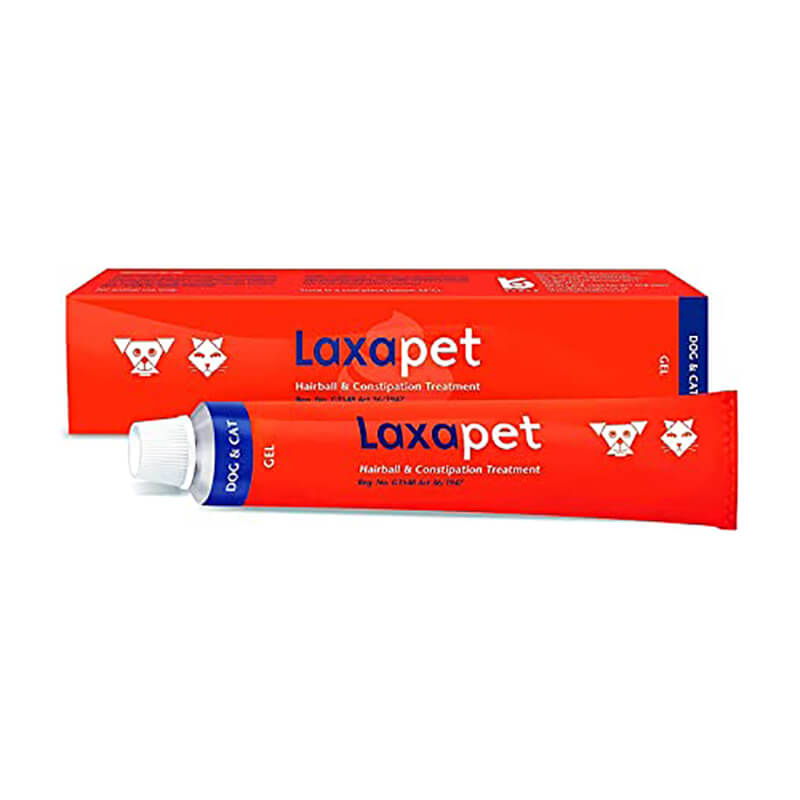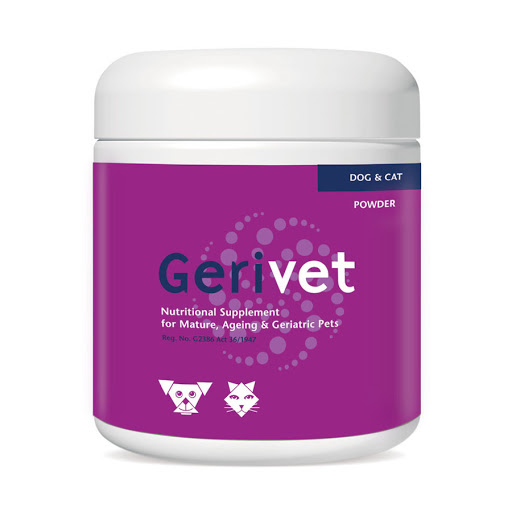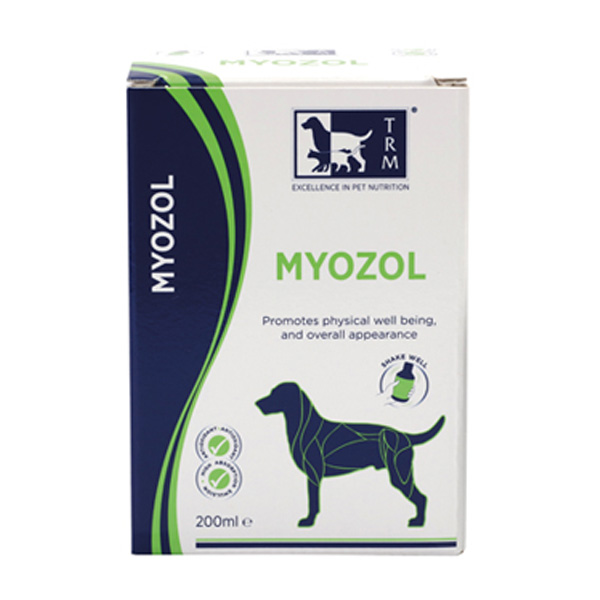Buy Highest-Quality Dog Gastrointestinal Care & Digestion
Dogs are known as iron-stomached creatures and can eat almost anything. However, this is not always true, as many dogs suffer from stomach and intestinal diseases and issues. Sometimes, your puppy may complain about its stomach and show signs of discomfort. Diagnosing digestive system diseases in dogs can be challenging for us, so seeking help from a veterinarian is essential. After diagnosing stomach insufficiency, veterinarians prescribe medications for digestive system care for dogs. You can choose the Canine Dog Pharmacy for online purchase of the highest-quality and cheapest Gastrointestinal Care and Digestion in Nairobi, Kenya, and the country.(dog food)
Diseases and Insufficiencies of the Digestive System and Stomach in Dogs
Adorable dogs are an inseparable part of your family. When you buy or receive a puppy, you take care of it like a child. The puppy’s sweetness makes you fall in love with it. Therefore, you are responsible for its health. Stomach and intestinal diseases are among the most significant issues for dogs. When dogs suffer from digestive system diseases, they cannot eat properly and may even struggle to defecate naturally. The digestive system of dogs consists of the intestines, colon, stomach, duodenum, gallbladder, and mouth. If any of these parts are damaged, they can affect the dog’s digestive system.
Types of Stomach and Intestinal Diseases in Dogs
Various diseases and issues can harm the digestive system of dogs. These diseases attack different parts of the digestive system, causing damage in various ways. Veterinarians have diagnosed and introduced these diseases, which are as follows:
- Acute Gastroenteritis or Inflammatory Bowel Disease
- Large Intestinal Inflammation or Colitis
- Pancreatitis
- Small Intestinal Malabsorption Disease
- Nausea
- Constipation
- Severe Diarrhea
- Gastrointestinal Infections
Causes of Gastrointestinal Issues in Dogs
To diagnose any disease, we must first understand its cause. Therefore, to diagnose gastrointestinal problems in dogs, we must first identify the cause. Stomach diseases in dogs have various reasons, some of which are the dog’s fault, while others are not. The primary cause of this disease is the damage to different parts of the dog’s digestive system, leading to insufficiency. Let’s examine the reasons for digestive system issues in dogs further:
Stomach and Intestinal Infections: Infections damage any part of the body they attack, and the digestive system is no exception.
Parasites and Worms: These organisms feed on their hosts and cause problems when they enter the dog’s digestive system.
Stomach Ulcers: The stomach of dogs can develop ulcers for various reasons, leading to internal bleeding and insufficiency.
Enzyme Deficiency: Lack of digestive enzymes in the stomach and intestines is a significant problem that leads to digestive diseases.
Unhealthy Nutrition: Eating low-quality and unhealthy foods is harmful to dogs and is one of the causes of digestive system diseases.
Overeating: Dogs love to eat, and sometimes they overeat, which can harm their stomachs.
Ingestion of Toxic Substances: Chemicals such as dyes, brake oil, or some toxic foods like chocolate can harm the digestive system of dogs.
Food Allergy: Changes in the dog’s diet can cause allergies, which are harmful to the digestive system.
Dental Problems: If a dog has damaged teeth, it may eat without chewing, leading to stomach issues.
Symptoms of Digestive System Diseases in Dogs
To determine whether our dog has a digestive system disorder, we need to observe its symptoms. If these symptoms are observed in our dog, it is essential to consider seeking treatment. The treatment for dogs with gastric insufficiency is only possible with the assistance of a veterinarian and the prescribed medications. Therefore, whenever symptoms such as bloating, diarrhea, vomiting, constipation, lethargy, weight loss, pain, and stomach swelling are observed in our dog, it is necessary to consult a veterinarian for treatment.
Medications for Digestive System and Stomach Care
After observing the symptoms of stomach and intestinal diseases in your dog and visiting the veterinarian, the veterinarian identifies the type of disease and prescribes medications for its treatment. Medications for stomach care in dogs come in the form of tablets, capsules, powders, syrups, gels, and ampoules, usually administered with food. Some of these drugs can only be purchased with a veterinarian’s prescription, while others can be obtained without a prescription.
- Laxatives: Very suitable for treating constipation and softening feces and intestines.
- Anti-Diarrheal: Suitable for preventing severe diarrhea and normalizing intestinal function.
- Antibiotics: Suitable for eliminating various bacterial infections in the digestive system.
- Probiotics and Prebiotics: Suitable for the proper and natural function of the stomach and intestines, activating beneficial bacteria.
- Anti-Acids: Used to prevent an increase in stomach acid and the discomfort it causes.
- Anti-Nausea: A drug that prevents vomiting in dogs.
Conclusion
Gastrointestinal disease is another issue that involves dogs and their owners. This disease has various causes such as infections, stomach ulcers, ingestion of toxic substances, and other factors. Gastric insufficiency is represented in dogs by various conditions such as pancreatitis, colitis, diarrhea, and constipation. To diagnose this disease, symptoms such as diarrhea, vomiting, and constipation should be taken seriously, and the dog should be taken to the veterinarian for diagnosis and treatment. After diagnosing the stomach and intestinal disease, your veterinarian will prescribe medications.
For the purchase of the best and most affordable gastrointestinal care medications for dogs, choose the canine Pet Pharmacy in Kenya and the city of Nairobi. Additionally, you can buy other medications online, such as flea and tick, ear and eye care, skin and coat care, heartworm, heart and blood pressure, dental care, joint care, pain relief and arthritis, antibiotics, allergy relief, electrolytes and vitamins, Thyroid and Hormone, urinary tract and kidney care, anxiety and calming Incontinence and Bladder Control, and bandages.(pet store in Kenya)
Frequently Asked Questions
What causes digestive system diseases in dogs?
Dogs have very strong stomachs that are not easily damaged. Despite this, owners of these loyal companions often overlook concerns about their digestive system. However, there are reasons that can make these strong stomachs sick. Ingesting toxic substances, overeating, changes in diet, constipation, infections, and other diseases are factors that lead to digestive system diseases in dogs.
Which dog breeds are more prone to digestive problems?
Dog breeds more likely to experience digestive problems include Irish Setters, Labrador Retrievers, Shar Peis, Great Danes, Miniature Schnauzers, and Yorkshire Terriers. Mixed breeds and other purebred dogs may also be susceptible to digestive problems, so be vigilant for signs of digestive disorders and consult your veterinarian if you suspect any issues.
What medications are available for treating the digestive system in dogs?
Veterinarians use laxatives, anti-diarrheal, antibiotics, anti-emetics, probiotics, prebiotics, and drug supplements to treat digestive system diseases in dogs. All these drugs are specific to treating particular diseases and should only be used under the direction of a veterinarian. Since each dog requires a unique medication, one cannot administer a single drug to all dogs.
Do medications for digestive system care in dogs have side effects?
If your veterinarian examines your dog, diagnoses digestive system insufficiency, and prescribes medication, you should administer the medication according to the veterinarian’s instructions. Following this process, there should be no adverse effects on your dog. However, if you observe any specific side effects from the medication, inform your veterinarian so that adjustments can be made.
 Why Choose Josera Food
Why Choose Josera Food



